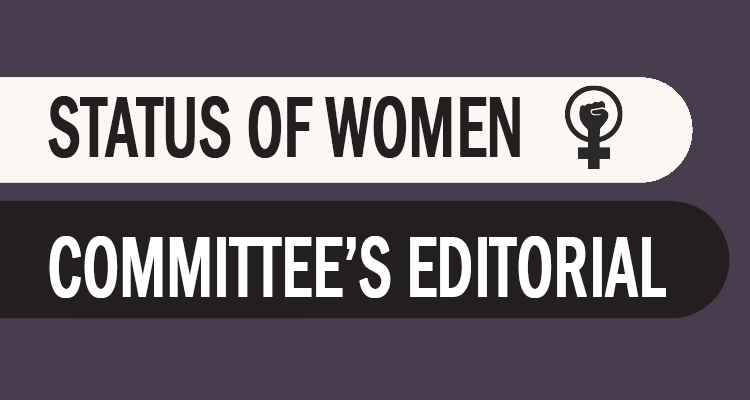
And if the dream became a reality
Once upon a time, a woman dared to dream about what her life could be if the people with the power to change things truly did so, and for the right reasons, rather than with a paternalist attitude.
For three years now, we have all seen that our society’s way of functioning and priorities are not moving us forward any longer. Instead, we appear to be backtracking from the battles won in recent decades for women and men.
Systems of oppression like sexism, racism and homophobia have been exposed in broad daylight and are now discussed openly. What was invisible has become evident.
Over the last three years, some thought it was a good idea to decide on priorities in our stead, without consulting us.
And if…
My right to health and safety was respected.
As a healthcare professional, I would have all the necessary protective equipment, a safe patient ratio to reduce my excessive workload, and a work/family/study/personal life balance that would enable me to lower my stress because my government would have invested in the public network so that the population would be in good mental and physical health.
I could go home with peace of mind, without fearing for my family or myself because my government would have invested in social programs, offering support to counter domestic violence. I would be able to develop my full potential and be proactive for the economy.
And if…
My right to public services was respected.
By investing in public services, the government would be enabling me to return to work because I would have access to a daycare for my children. I could contribute to the economy because I would have a good salary, good working conditions and a safe home. By having invested heavily in its educational institutions, my society would be fairly educated and better know its history and which patterns not to repeat.
First of all, we would not perpetuate what the patriarchal society tries to impose on the roles of women and girls: roles traditionally associated with submission and caring for others, even if it means sacrificing their well-being. These days, women who want to liberate themselves from these roles and demand, for example, a better salary, power, or simply recognition for their contribution to society, face a masculinist backlash in the media and on social media. The resulting hate can follow them everywhere, even where they should be the safest–their own home. However, the highest rate of femicides happens in homes.
The same can be said for the mental load, a concept that should be taught in our society to rebalance things. Women do the majority of the work managing daily family life. And the pandemic only made this load heavier in addition to exacerbating women’s psychological distress. According to Statistics Canada, since March 2020, more women than men say that they often or very often feel nervousness or anxiety (54% of women vs. 39% of men), sadness (52% vs. 37%), irritability (43% vs. 34%) and difficulty sleeping (41% vs. 30%).
Quebec should see the money it puts into public services as an investment, not an expense. The more educated, informed, well-rounded, financially sound, physically and mentally healthy the population is, the better the economy.
For the woman who dared to dream and have all these hopes, the reality check was brutal…
Amélie Barrette, for the Status of Women Committee